The Rails.app project is an Open Source project on Kickstarter (http://www.kickstarter.com/projects/1397300529/railsapp) and it is aimed squarely at solving a problem we’re all too familiar with. The project aims to make it easier for folks to set up a Rails environment on OS X. This is a good thing… at least to us. Not just because of what the project is solving, but because of how it is being funded. Surprisingly though, more than a few folks have gotten their knickers in a twist over it. The two main criticisms are: – Installing Rails is trivial! Why would you want an installer? – This guy should’nt be getting paid for doing open source!
There are plenty of good articles about how to get Rails set up on any environment (or that at least can help you avoid the common pitfalls). It can be a trivial matter if everything goes right, but often it doesnt, and when it doesnt it is definitely not easy to recover from. This is especially true for beginners, and let’s be honest, we were all beginners once – something that many developers involved in this debate seem to forget. A community that doesn’t grow and welcome new members is one heading for a steep decline. When a 10 year .NET veteran like me decides to jump over to Rails, the community should (and for the most part does) support me in that process. Anything that makes that transition easier for people like me should be getting the full support of the community.
Rails is quoted as being “…a breakthrough in lowering the barriers of entry to programming”. Does it still achieve that? If Rails still really favours “convention over configuration” why is the community railing (yes, pun intended) against a project that clearly has this mantra at its core.
Sometimes youll be recommended to download xcode from the App Store, or get it off a disk, or even use some open source alternative. Then youll be recommended to install homebrew… or maybe not… install RVM instead or maybe even just compile everything from the source…or maybe just skip all that and use some prebuilt script a guy hacked together and HOPE it suits what you need. Thats before we have to deal with postgres or bundler or any one of a dozen other things youd probably like to install before you get started. Of course, never mind that if youre new to rails development youd have no freaking clue as to what homebrew, RVM or bundler actually are. I could go on, but there are plenty of blog posts devoted to this topic.
The simple fact of the matter is, time spent getting set up, is time not spent on making stuff.
The second argument is more philosophical – should an OSS project be getting funded at all? Some say that Linux, Apache or MySQL couldnt possibly have happened in this environment. Bullshit.
It seems a lot of folks have this romantic notion that Open Source projects just appear for free and that its all good will and best intentions every step of the way. It would seem that unless a project is borne from altruism and unpaid dedication that it’s not worth supporting.
But the simple fact is that a shit tonne of projects aren’t built by some lone developer in his or her spare time, they often come out of companies both large and small. The truth is that any OSS that has come out of any company WAS funded, just the same as Rails.app is now. Any software that comes out of places like Google or Facebook is funded software. Hell, even the folks dancing around about Apache should take a look at the Apache foundation sponsorship list (http://www.apache.org/foundation/thanks.html) Yahoo, Microsoft, and Google each tip in over $100k a year to get their Platinum sized logos on that page. Should we be getting upset about that too?
Software (whether Open Source or otherwise) costs time and money to build. Some folks donate their time, some folks donate their money. Both are valid contributions to something which, at the end of the day, belongs to all of us. Thank the people making those contributions, don’t be a dick to them.
I love this quote from a Hacker News reader that really gets to the heart of the matter. From @jacobian: There’s this attitude in the open source world that somehow developers getting directly paid for open source is evil. This is — excuse me — fucking bullshit. I can’t think of anything better than the idea of developers getting paid to write open source software. We need to grow the hell up and understand that paying developers to write open sourced software is a good thing — open source devs get money, and the community gets software.
Were only a small company, and we dont contribute as much of our time or skills to Open Source as we would like, and for that we feel bad. But we can still contribute, and we can still make a big statement about how important it is to support Open Source in whatever way you can.
Bottom line: If you dont think you should put money into an Open Source project – Dont. If you think Rails.app is a bad idea – Dont install it.
BugHerd is proud to be tipping in $10,000 to Rails.app, not only because we believe strongly in the app itself, the developer and the way he is funding it, but because we believe that being a jerk doesnt help anyone get anything done. Every effort on every project is worth supporting even if you won’t use the resulting software. We believe that efforts like Rails.app are going to become more and more common, and we think it’s a good thing.




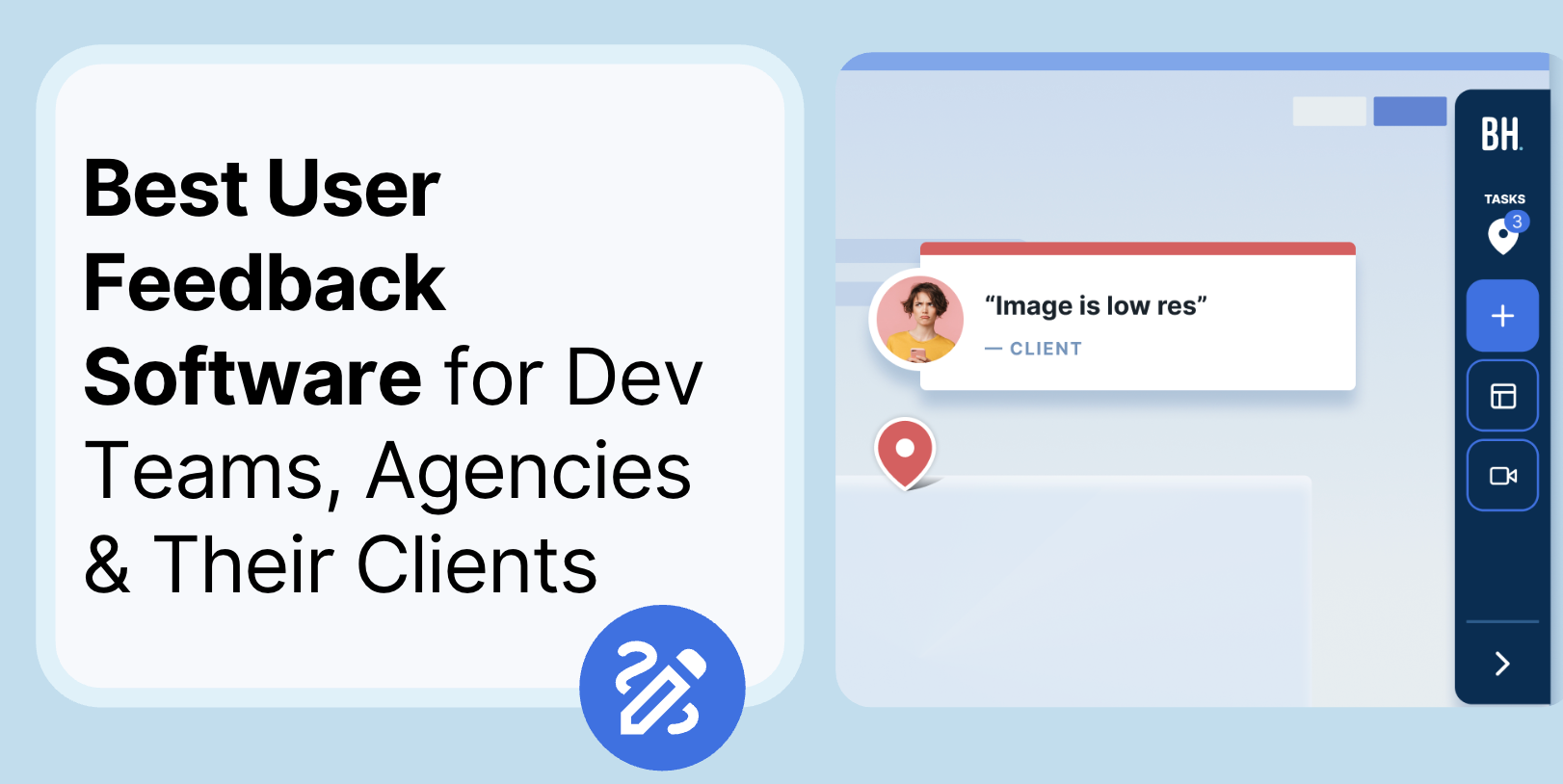


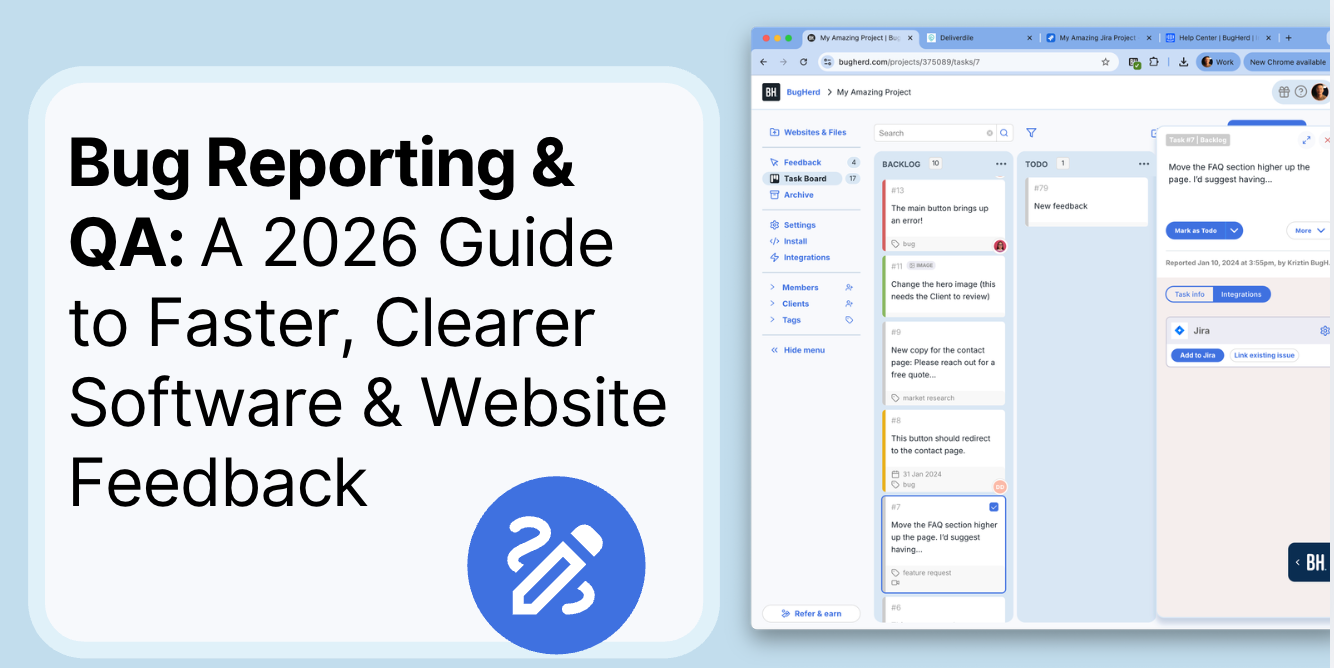

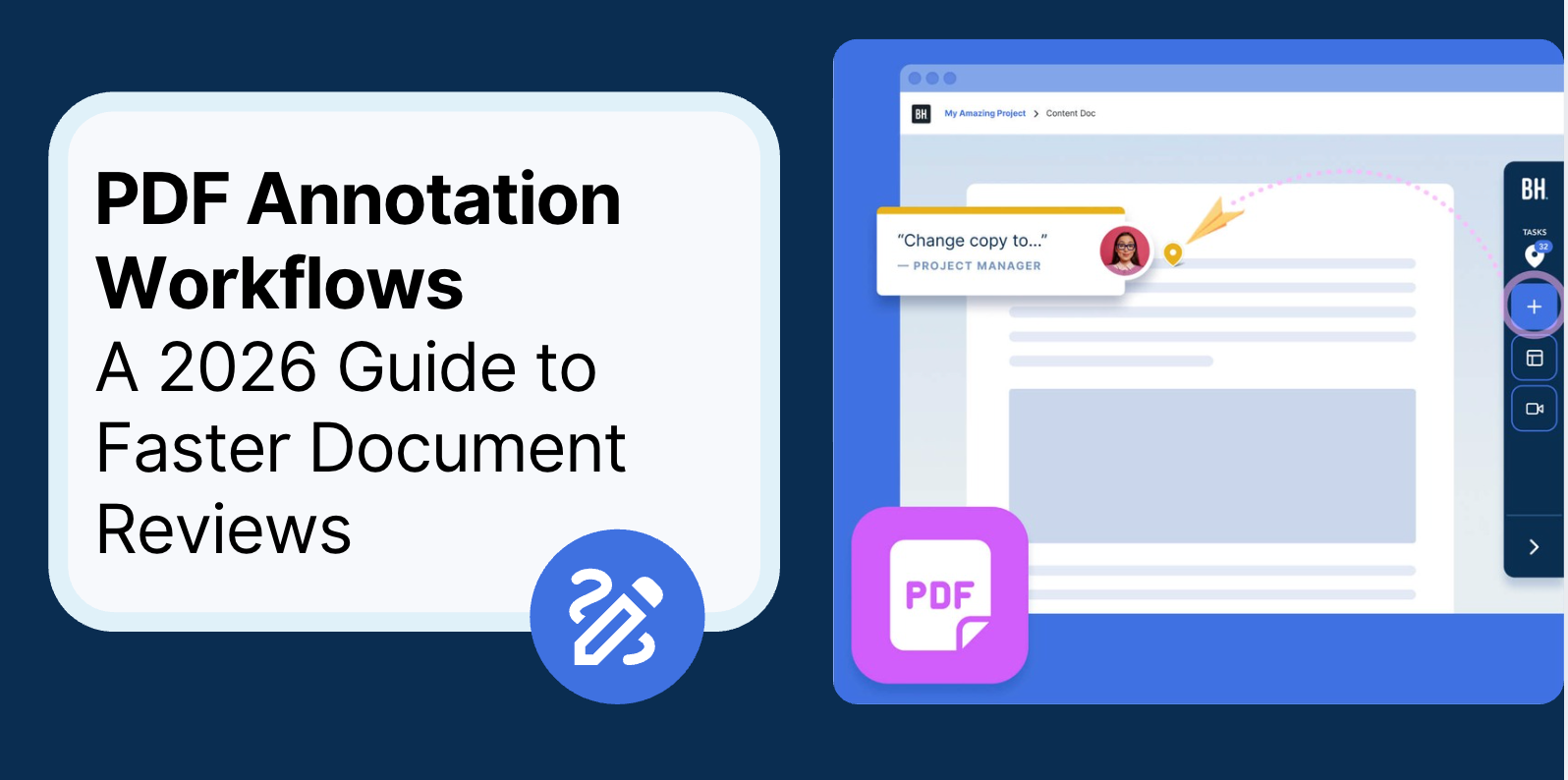
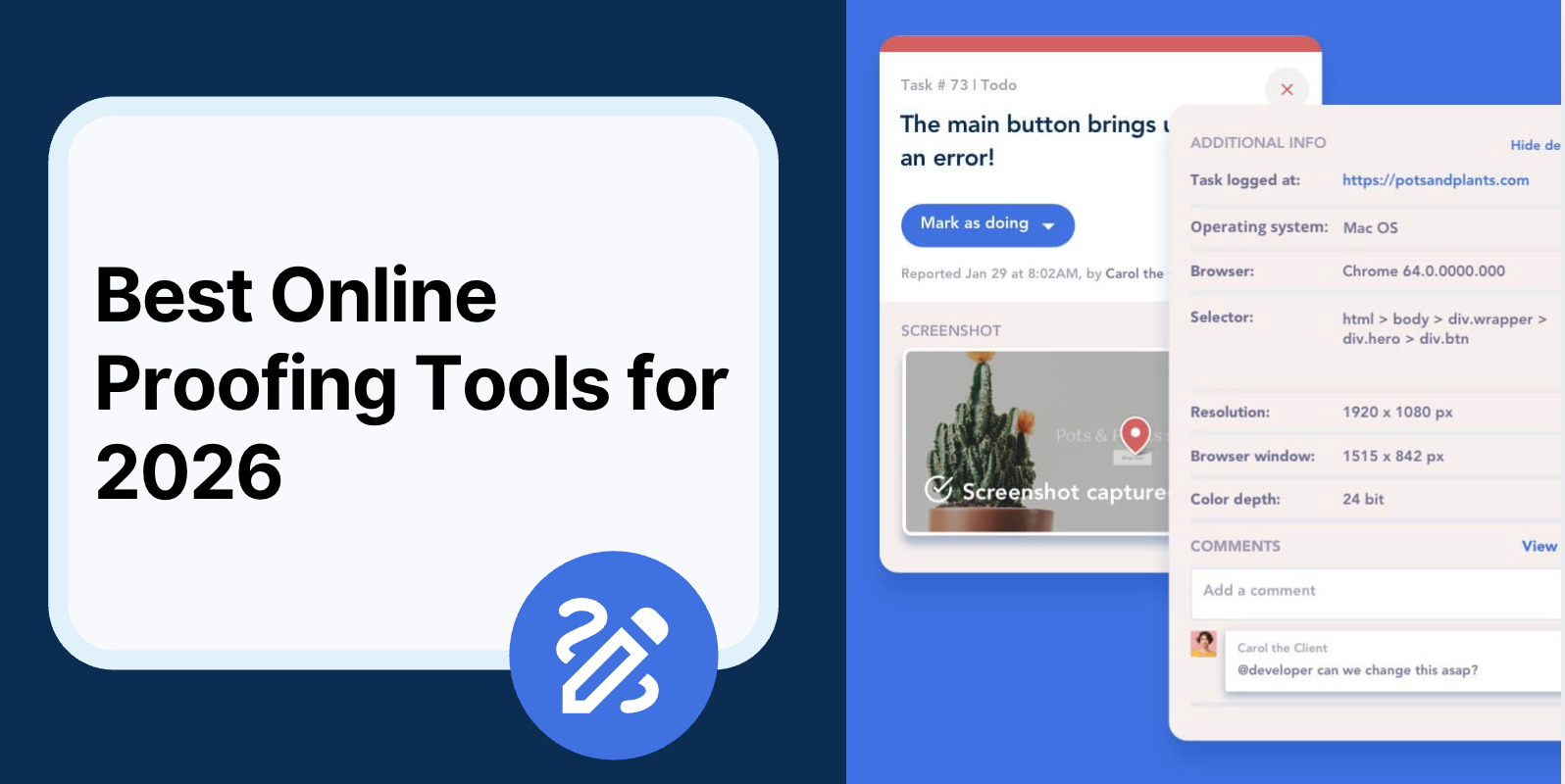
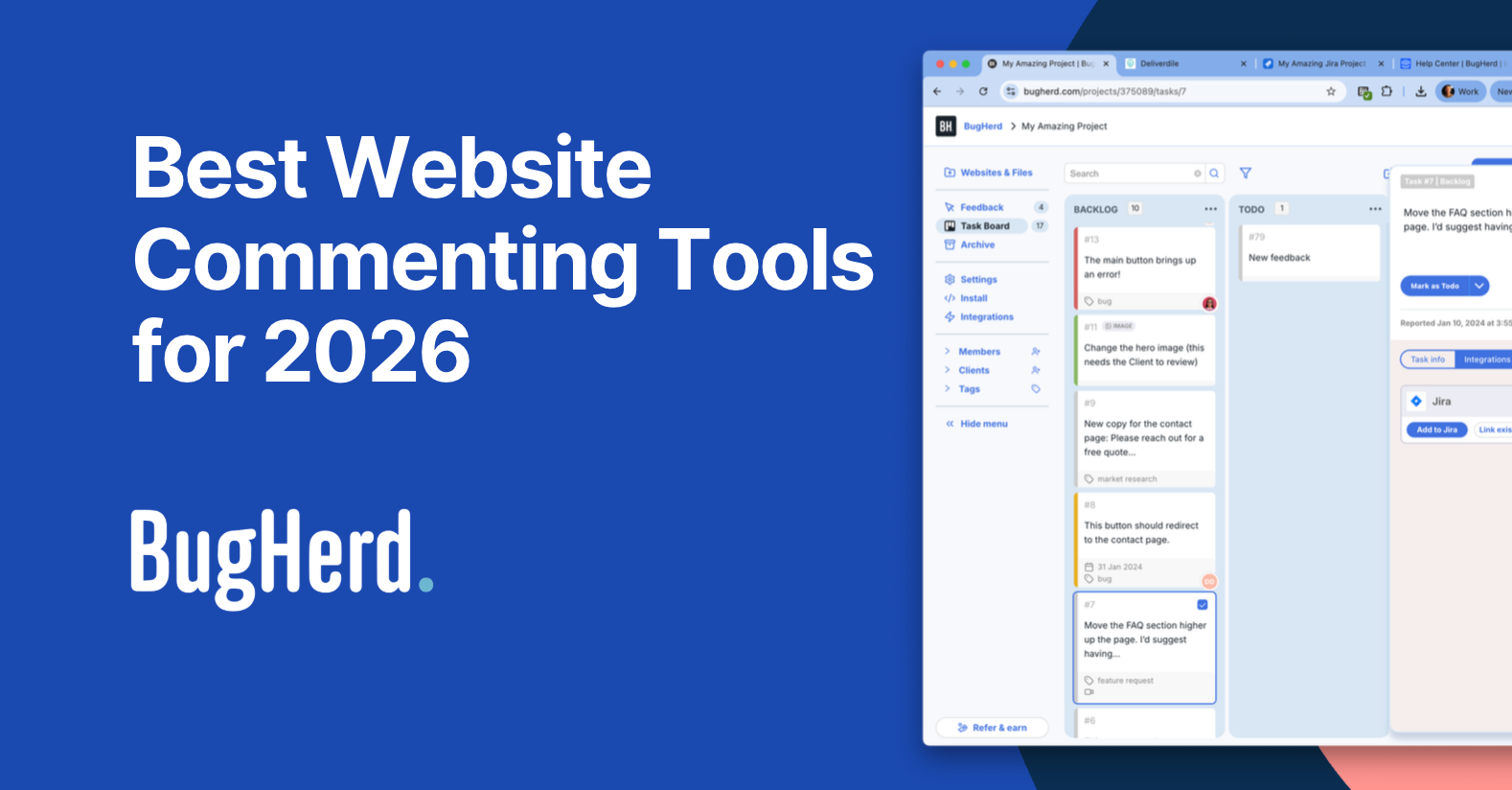




But don't just take our word for it.
BugHerd is loved by 10,000+ companies,
350,000+ users across 172 countries.
4.8/5
4.7/5
4.5/5
5/5
8.7/10
Sam Duncan 📱📏 🌱
@SamWPaquet
"@bugherd where have you been all my life??
We just migrated our bug tracking over from Asana and have at least halved our software testing time🪳👏📈. "
Ashley Groenveld
Project Manager
“I use BugHerd all day every day. It has sped up our implementation tenfold.”
Sasha Shevelev
Webcoda Co-founder
"Before Bugherd, clients would try to send screenshots with scribbles we couldn't decipher or dozens of emails with issues we were often unable to recreate."
Mark B
Developer
“A no-brainer purchase for any agency or development team.”
Kate L
Director of Operations
"Vital tool for our digital marketing agency.”
Paul Tegall
Delivery Manager
"Loving BugHerd! It's making collecting feedback from non-tech users so much easier."
Daniel Billingham
Senior Product Designer
“The ideal feedback and collaboration tool that supports the needs of clients, designers, project managers, and developers.”
Chris S
CEO & Creative Director
“Our clients LOVE it”
Emily VonSydow
Web Development Director
“BugHerd probably saves us
at least 3-4hrs per week.”